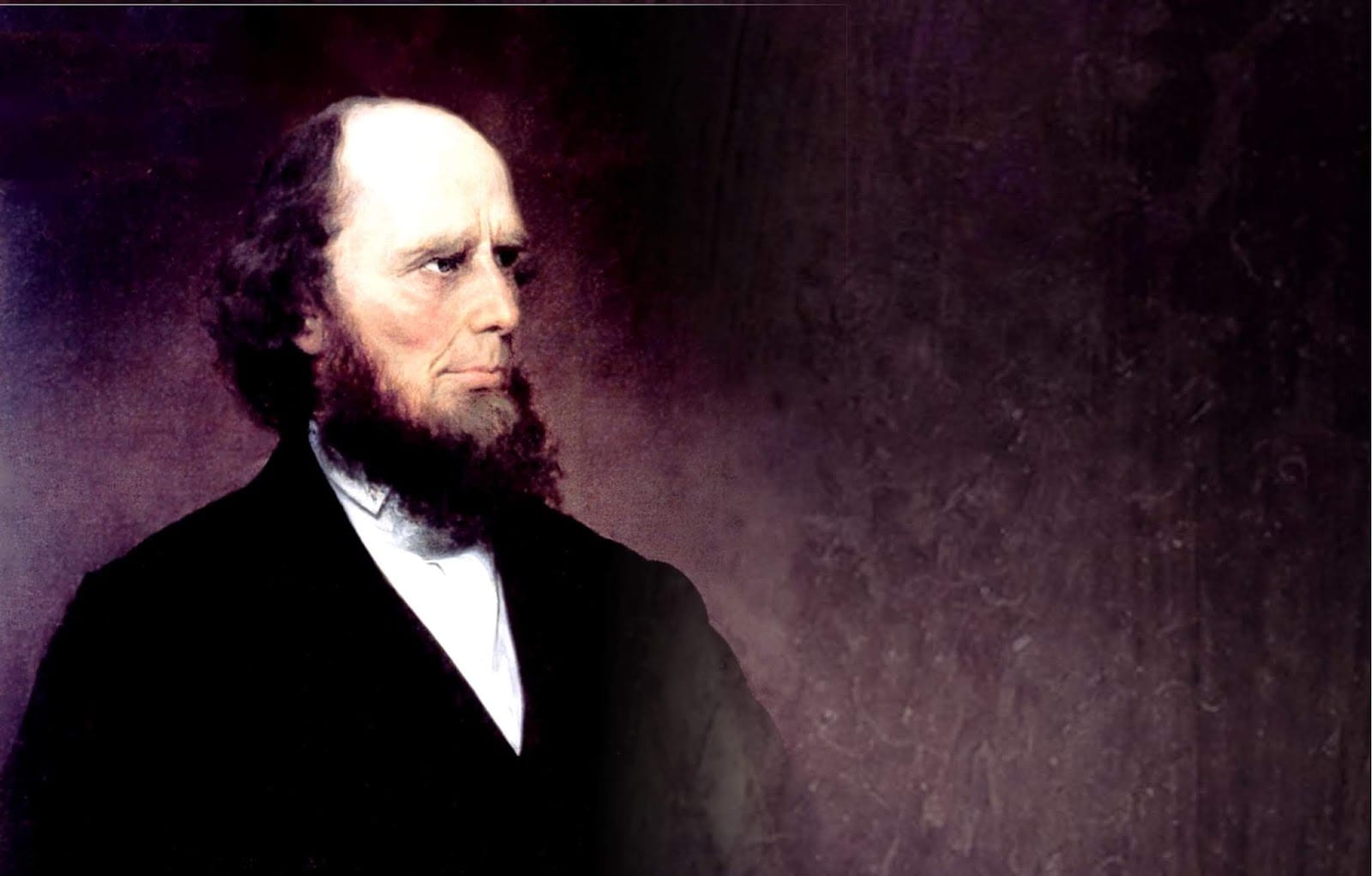Charles Finney was an American revivalist, author and educator of the early 19th century.
Finney was raised in a non-Christian home, trained as a lawyer and set up his practice in Adams, New York. As a young man he underwent a profound conversion experience that altered his life completely—and the life of his community.
Finney trusted Christ in 1821 and changed his vocation from lawyer to minister. As he proclaimed what God had done in his life, revival swept through the entire city.

Life After Conversion in the East Coast
Finney became a Presbyterian home missionary and preached revivals in the villages and cities of New York.
Throughout the 1820s and into the 1830s, Finney conducted revival meetings in key Northern cities. These ventures gained him national prominence.
By 1832 he had become a pastor in New York City where his evangelistic preaching continued to draw large crowds. Three years later, he joined the faculty of Oberlin College as professor of theology. He eventually became the president of the College, 1852.
Under Charles Finney’s direction as president, Oberlin College was the first university in America to award college degrees to women and to blacks. His college graduated Mary Jane Patterson, the first black woman ever to receive a bachelor’s degree in the United States.
Charles G. Finney helped form the Benevolent Empire, a great network of volunteer societies organized to aid in solving social problems.
Charles Finney Radically Altered the Direction of American Christianity
First, he introduced many “new measures” into American evangelism.
Because he believed so strongly in human free will, he thought that the evangelist, if he followed the proper methods, could reap a harvest of converts.
Therefore, he utilized the protracted meeting; the anxious bench for repentant sinners; long, emotional prayers; and organized choirs—all designed to break the stubborn will of the prospective convert.
His sermons reflected his legal background in their clarity, conversational style, and persuasive appeal. He preached to a congregation as if he was an attorney standing before a jury.
Finney not only preached for personal conversions; he also preached on the social issues of his day, particularly slavery.
A committed abolitionist, he denounced the sin of slavery in his sermons and warned of the danger to the nation if such evil was not eliminated.

Theological Orientation brought Unique Perspective in the Biblical Exposition
Finney advocated a strong postmillennialism in his theology.
He believed that the church, through its efforts at reforming society, could usher in the kingdom of God now! The kingdom could come in three years, he often said.
Finney’s man-centered theology led him to advocate a perfectionism when it came to sanctification.
Finney taught that some Christians could reach a permanent sanctified state in which they do not knowingly sin.
He truly believed that Christians who were entirely sanctified could bring about a thorough reform of society so that the kingdom of God would come to America. Such optimism dovetailed perfectly with the individualism and self-sufficiency of the new nation.

1 thought on “The Second Great Awakening: Charles Finney”